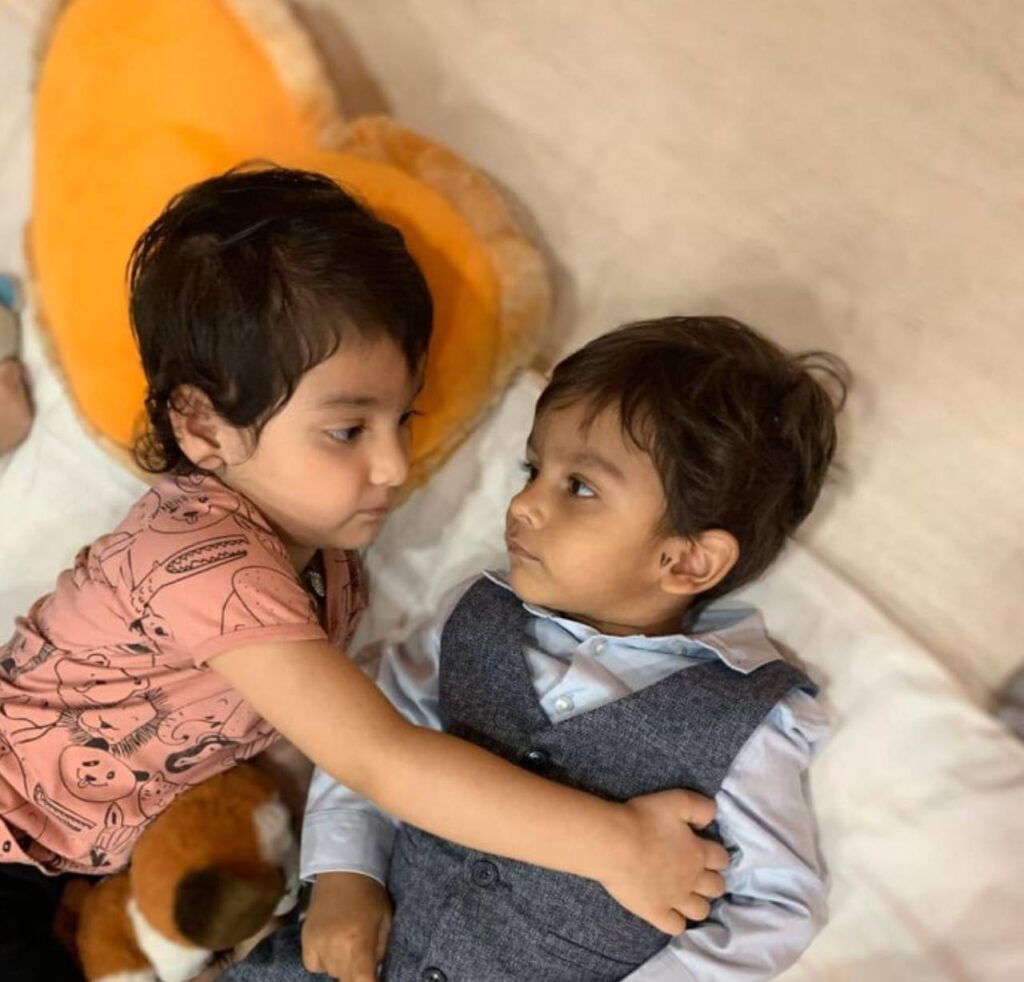India is a country of extreme diversity. While it boasts of different states, languages and cultures, all with their unique identity, we have also been burdened with the struggles of caste and religion. It thus becomes vital to expose our children to an environment of inclusion to ensure a better tomorrow for our future generations.
Compulsory education
The Right of Children to Free and Compulsory Education Act or Right to Education Act (RTE) is an Act of the Parliament of India enacted on 4 August 2009. It describes the modalities of the importance of free and compulsory education for children between 6-14 in India, under Article 21A of the Indian Constitution. The Act makes education a fundamental right of every child between the ages of 6 and 14 and specifies minimum norms in elementary schools. It requires all private schools to reserve 25% of seats to children (to be reimbursed by the state as part of the Public-Private Partnership plan). Kids are admitted in to private schools based on economic status or caste-based reservations. The Act also provides that no child shall be held back, expelled, or required to pass a board examination until the completion of elementary education. There is also a provision for special training of school drop-outs to bring them up to par with students of the same age.
The Right to Education of persons with physical or mental challenges until 18 years of age is laid down under a separate legislation – the Persons with Disabilities Act. A number of other provisions regarding improvement of school infrastructure, teacher-student ratio and faculty are mentioned in the Act. So the Constitution of India guarantees inclusive education for all children irrespective of any barriers but there are still several challenges which need to be overcome with regard to implementation.
No gender divide
The concept of inclusion can also be looked at from a micro level. Let us consider the basic blocks of civilisation – the families. A major concern that has plagued India over the years is considering the boys to be superior to the girls of the families. The education of the boys gets more preference than that of the girls. The responsibility of household work solely rests on the women of the families.
Nurture and care are vital
Research has indicated that children from inclusive households are overall a happier bunch and are able to tackle life problems with a more positive approach than the ones who come from disturbed family environments. Reputed educationists and child counsellors like Neeta Kanoria thus highlight the importance of parents spending quality time interacting and even playing with their children. It is important to treat all children with equal love and respect irrespective of their gender. The household chores must ideally be shared by all members of the family. This creates a feeling of bonding which is vital in the holistic development of children.
Effective communication is the key
A healthy relationship between children and parents, teachers and caregivers has several advantages. Children who may have experienced bullying or sexual offences should have the necessary space to share their concerns with their parents, which helps in getting rid of trauma. Having a classroom space that is gender friendly, adds to the wellbeing and creates the feeling of security within children. The equal distribution of roles and responsibilities without any kind of discrimination or bias will definitely pave the way for a better united country.


